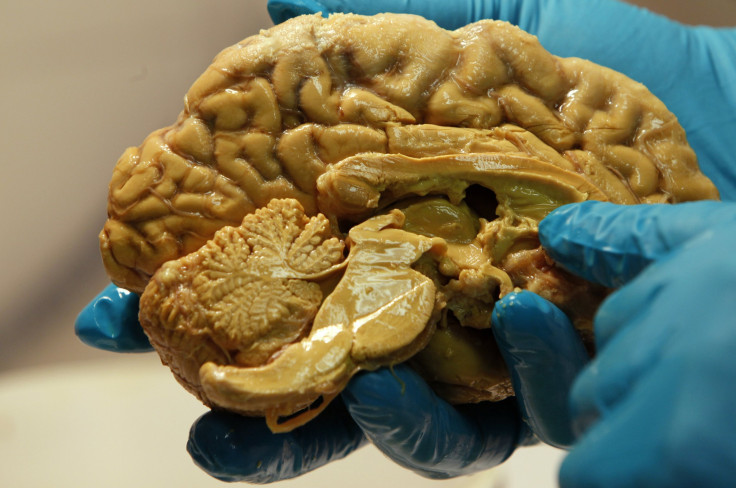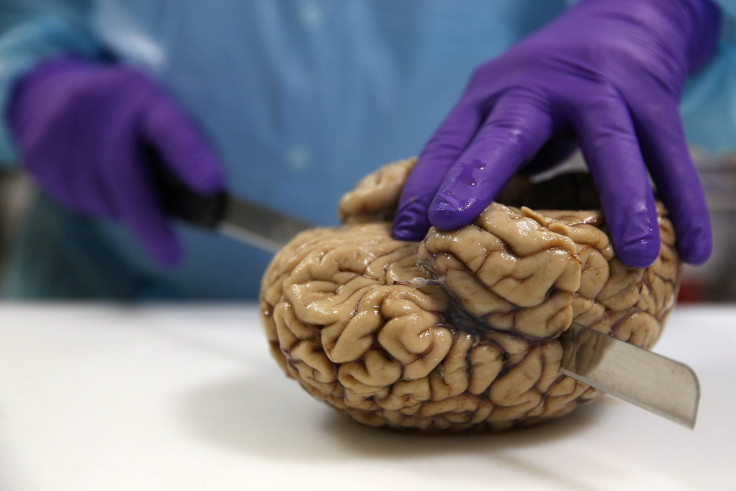Brain Games Don’t Make You Smarter In Old Age, But These 3 Things Do

We're living in an aging nation where the older population is dramatically growing at an unprecedented rate. With aging comes the need to keep our memory sharp to maintain our quality of life. Researchers at Florida State University suggest trendy brain games for adults do little to improve memory, or stave off cognitive decline and disorders.
"Our findings and previous studies confirm there's very little evidence these types of games can improve your life in a meaningful way," said Wally Boot, study author and associate professor of psychology at FSU, in a statement.
Read More: The Best Diet To Improve Your Memory And Concentration
Cognitive training, popularly known as "brain training," has been touted for its claims of improving cognitive abilities such as working memory, reasoning and processing speed.
Brain-training companies like Lumosity, Cogmed, and Brain HQ promise to make us smarter, but Boot and his colleagues have found there is no solid scientific evidence to back up this promise. We can become good at these mind games, but they're not likely to help us remember where we placed our keys.
In the study, published in Frontiers in Aging Neuroscience, Boot and his colleagues sought to test whether brain training games could boost the "working memory" needed for a variety of tasks. A total of 60 older adults (age 65+) were randomly and evenly distributed between two groups; they either played a brain-training video game called "Mind Frontiers" or played word and number puzzle games via tablet computers for 30 45-min training sessions over the course of a month. The participants' cognitive performance was tested at baseline and after completing the training.
The findings revealed there is little evidence of "far transfer", meaning improved working memory via brain games did not translate to better performance on other tasks. The researchers believe it's possible to train people to become very good at tasks that would be considered working memory tasks, such as memorizing 70, 80, or even 100 digits.
"But these skills tend to be very specific and not show a lot of transfer," said Neil Charness, study author and professor of psychology and a leading authority on aging and cognition at FSU.

Although mental exercises yield short-term results, Charness and his colleagues acknowledge aerobic exercise could actually lead to beneficial structural changes in the brain and boost its function. He believes the combination of exercising with brain games could potentially have a significant impact in preventing memory loss, and overall cognitive decline.
Instead of relying on brain games, there are several ways to create new neural pathways in the brain to make it work better, even at old age, from exercising to learning a new language.
Read More: How To Keep Your Memory Sharp And Improve Mental Aptitude
Exercise
Regularly exercising can be more effective than doing mental exercises when it comes to boosting brain health. Exercise has the ability to reduce insulin resistance, inflammation, and stimulate the release of growth factors — chemicals in the brain that affect the health of brain cells, the growth of new blood vessels in the brain, and even the abundance and survival of new brain cells.
A 2016 study found regular sustained exercise may be able to slow or even reverse the biological changes that lead to dementia among a group of sedentary men and women with mild cognitive impairment — memory loss — and prediabetes. After 45 minutes of exercising four times a week over six months, seniors with memory problems improved their thinking skills, and also reduced toxic tau protein levels in the brain. Vigorous exercise led to an improvement in blood flow to areas of the brain usually restricted in those with memory loss.
Play An Instrument
The ability to learn a new talent in old age can help create new connections in the brain. Early brain scanshave shown the corpus callosum — a large bundle of nerve fibers that connect two sides of the brain — is significantly larger in musicians than nonmusicians. Moreover, musical training can enhance verbal memory, spatial reasoning, and literacy skills.
Learn A New Language
Bilingual people possess more of an advantage when it comes to brain health. A 2014 study found people who speak more than one language are better at filtering out unnecessary words than monolinguals. The researchers believe this is because being bilingual is a constant brain exercise. Although it may not necessarily make you smarter, it can keep your brain healthy and active.
Copyright Medical Daily News Service. All rights reserved.





















